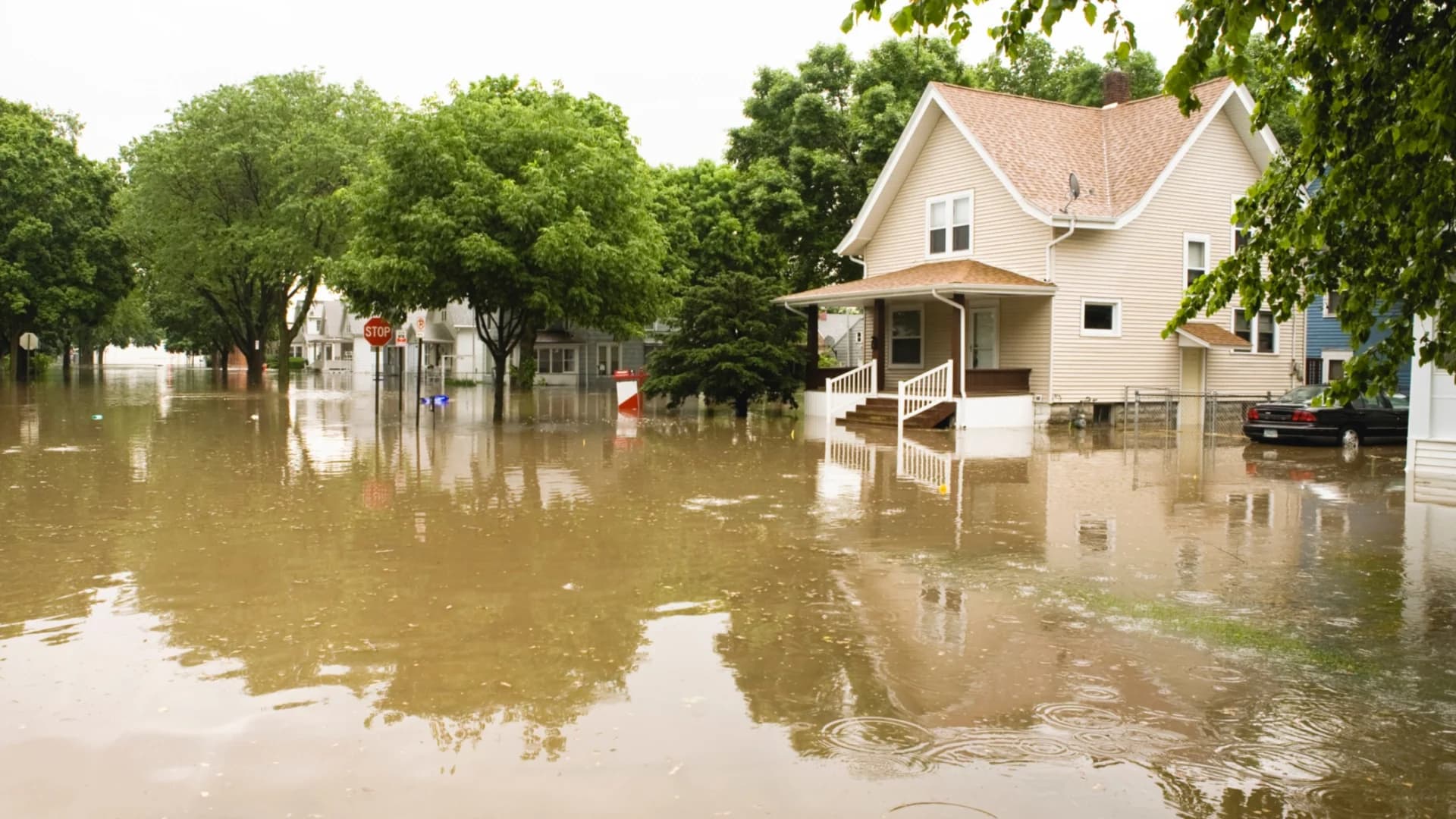More Stories

The content below has been provided by PSEG Long Island and has no editorial input from News 12 Long Island.
Flooding can be a major threat to your community. It can damage your home and threaten your safety. Familiarize yourself with these flooding safety tips to be better prepared:
• Learn your homes vulnerability to flooding by determining the elevation of your property.
• Evaluate your insurance coverage; as construction increases in many areas, floodplains change. If you are in a flood area, consider what mitigation measures you can take in advance.
• In highly flood-prone areas, keep materials on hand like sandbags, plywood, plastic sheeting, plastic garbage bags, lumber, shovels, work boots and gloves.
• Be aware of streams, drainage channels and areas known to flood, so you or your evacuation routes are not cut off.
• Avoid driving into water of unknown depth. Moving water can quickly sweep your vehicle away.
• Test drinking water for potability; wells should be pumped out and the water tested before drinking.
• Don't use fresh food that has come in contact with floodwaters. Wash canned goods that come in contact with floodwaters with soap and hot water.
Respect Electricity
Nothing's more important than your safety. When severe weather brings flooding, it's important to take extra precautions.
• Stay away from downed power lines.
• When possible, unplug and move small appliances, electronics, and lights out of the water's reach.
• Don't step into a flooded basement or room if water has reached electrical outlets, appliances, or cords. Energized water can shock or electrocute you.
• Don't turn off power at the breaker box if you can't stay dry to reach it safely. Call us at 1-800-490-0075 to shut off power at the meter.
• Avoid contact with your building's electrical system, water heater, heating system, air conditioning, or other equipment that's been damaged by flooding. In many cases, this equipment will need to be replaced.
• Electrical wiring that's come in contact with salt water creates the risk of electrical faults or fires. A licensed electrician can find and replace damaged wiring and possibly isolate it from unaffected areas.
• Once your power's back, reconnect your appliances gradually to avoid overloading the circuits.
See FloodSmart.gov and PSEGLINY.com for more information about flood safety and preparedness.
More from News 12
1:26

Nassau County police launch probe at Elmont home
2:04

Rain overnight into Monday morning on Long Island
1:53

Cold weather to blame for Lynbrook water main break, Liberty Water says
1:30

Official urge caution around frozen bodies of water in wake of child's rescue from icy East Patchogue pond
1:23

Holiday travel surge continues on Long Island
1:04
